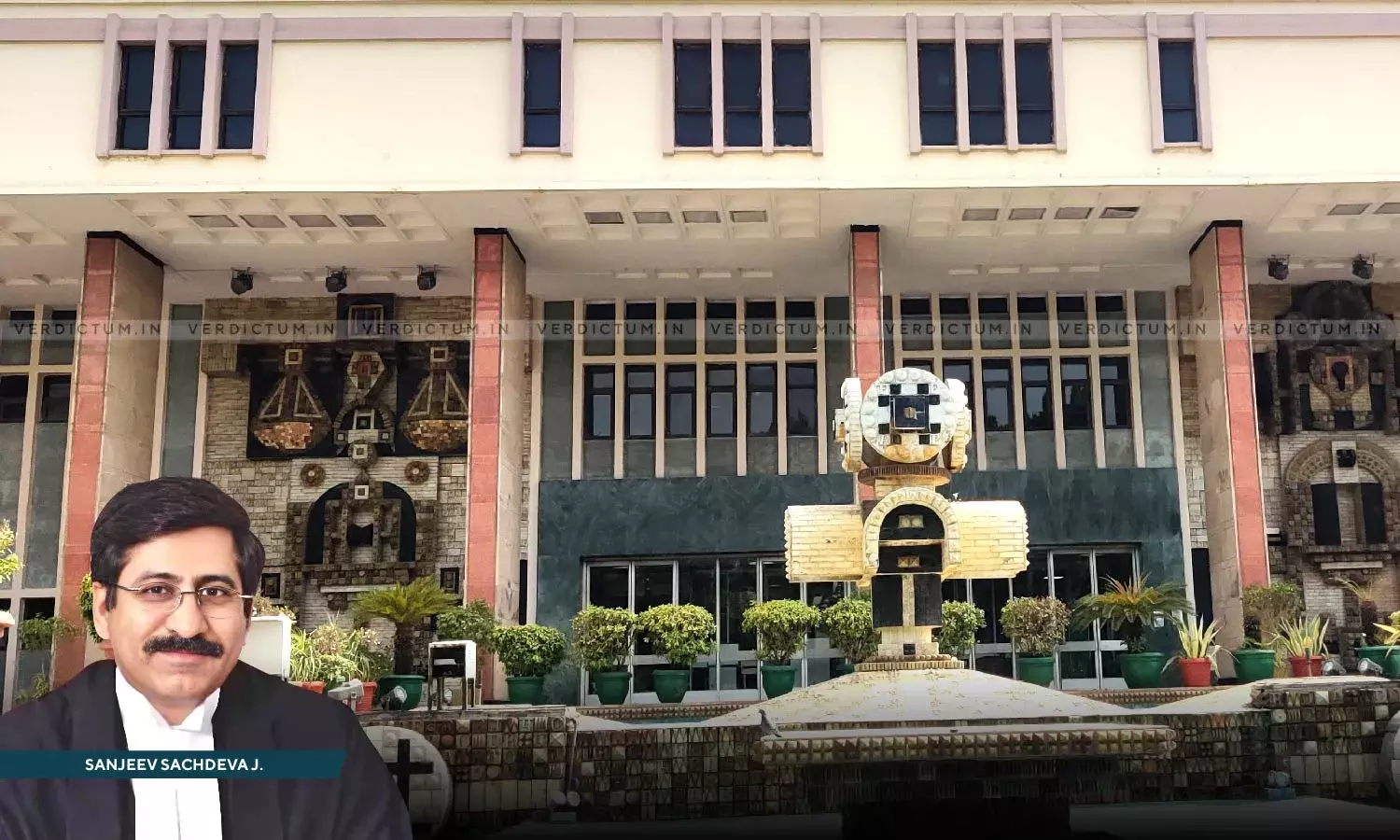Delhi HC Directs Amateur Kabaddi Federation Of India’s Administrator To Hold Elections Within Three Months

The Delhi High Court has recently directed the Administrator of the Amateur Kabaddi Federation of India (AMKFI) to hold the elections within a period of three months.
The Court while deciding a batch of petitions said that the district or state bodies and associations must comply with the age and tenure restriction imposed by the Sports Code.
A Single Bench of Justice Sanjeev Sachdeva held, “The Administrator shall ensure that the Electoral College of the AKFI is prepared, and elections held, in accordance with the Model Election Guidelines, within three months thereof. … The District Associations/bodies and/or State Association are also liable to comply with the ‘age and tenure restriction’ imposed by the Sports Code and if they fail or refuse to comply with the same, they would be liable for action which may entail disaffiliation and/or removal as a recognized District and State constituent of the AKFI.”
The Bench also asserted that the ‘age and tenure restriction’ on the members of the Governing Body imposed by the National Sports Development Code of India 2011 applies not only to the AMKFI but also to all its constituents at the State and District levels.
Senior Advocate Menaka Guruswamy represented the petitioner while Advocate Harish Kumar Garg represented the Union of India, Advocate Ruchir Mishra represented the Indian Olympic Association, and Advocate Nandita Rao represented the AKFI.
In this case, the sports body was put under the administrator following a 2018 order of the High Court which had come on a petition alleging that AKFI was not being run in a democratic manner and was confined to one family only.
The following issues came up for consideration before the High Court in this matter –
1. Whether the ‘age and tenure restriction’ on the members of the Governing Body imposed by the National Sports Development Code of India 2011 (Sports Code) applies only to the AKFI or also applies to its constituents i.e. the State and District Association which are members of the AKFI?
2. What would be the effect, if any, of the State Association refusing or failing to comply with the ‘age and tenure restriction’ imposed by the Sports Code?
3. Whether the amendment carried out to the Memorandum of Association/Constitution of AKFI is contrary to the directions issued by the court in Mahipal Singh & others v. Union of India 2018 SCC OnLine Del 10284?
4. Whether the representatives of the State Associations to the National Federation must be compliant with the ‘age and tenure restriction’ imposed by the Sports Code?
5. Whether the representatives of the State Associations who contravene the ‘age and tenure restriction’ imposed by the Sports Code can constitute the electoral college for the elections of the Governing Body of AKFI and can be permitted to vote?
The Court in view of the aforesaid issues noted, “What could be a more glaring example of misuse of position than that in the case of AKFI where one individual, who was elected as its president in 1984 continued as its president till 19.05.2013, without a single election and on his presidency coming to an end, it devolved upon his wife who was not only a complete stranger to all the member Units of the AKFI, but was a practicing gynecologist.”
The Court observed that the State Associations and the District Associations, after the expiry of the term of the existing Executive Committee, shall hold fresh elections strictly in accordance with the ‘age and tenure restriction’ imposed by the Sports Code.
“… the Administrator shall prepare and notify the schedule for the holding of the elections of the office bearers of AKFI in accordance with these directions, which should not be later than 3 months from the date of this order”, the Court directed.
The Court further directed the President and Secretary of the affiliated Member unit to attend the General Body Meeting of AKFI, and if unable to attend or are not compliant with the ‘age and tenure restriction’ imposed by the Sports Code, they may nominate, in accordance with the Constitution of AKFI, a person who is compliant and that in case of any dispute on the nomination, the nomination by the President shall prevail.
Accordingly, the Court disposed of the petitions.
Cause Title- K.P. Rao v. Union of India & Ors. (Neutral Citation: 2023/DHC/000974)
Click here to read/download the Judgment


